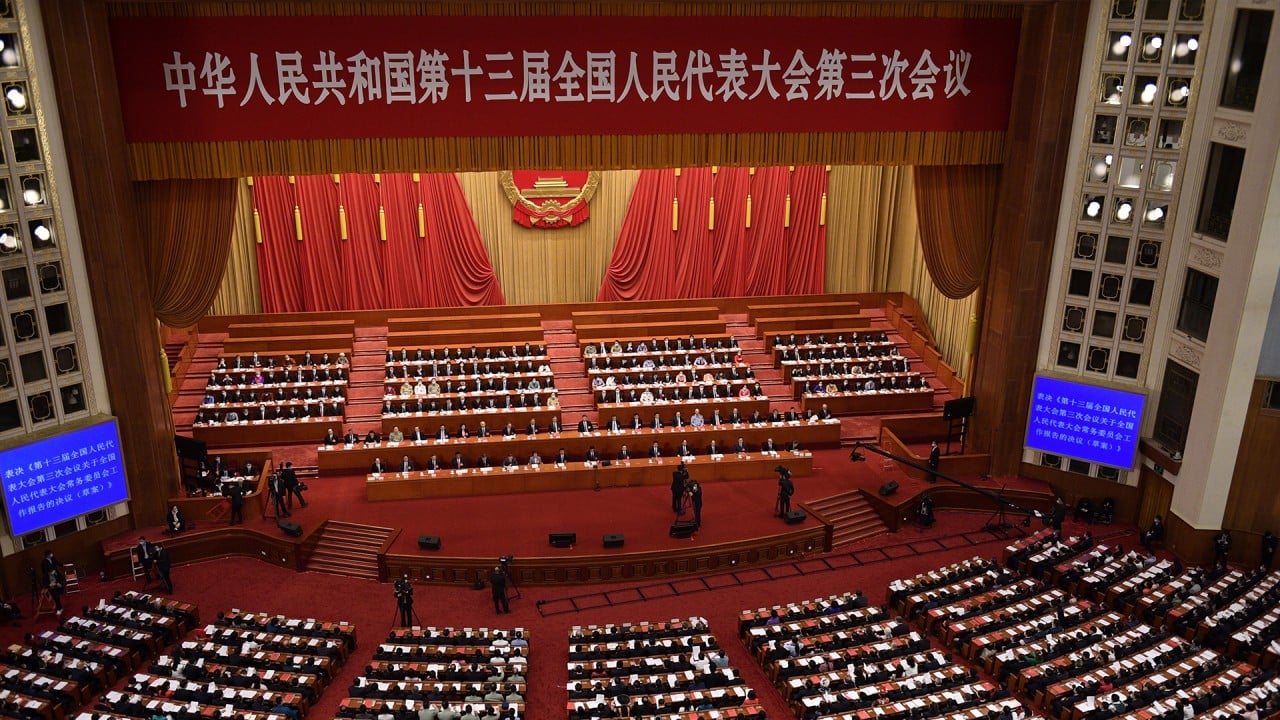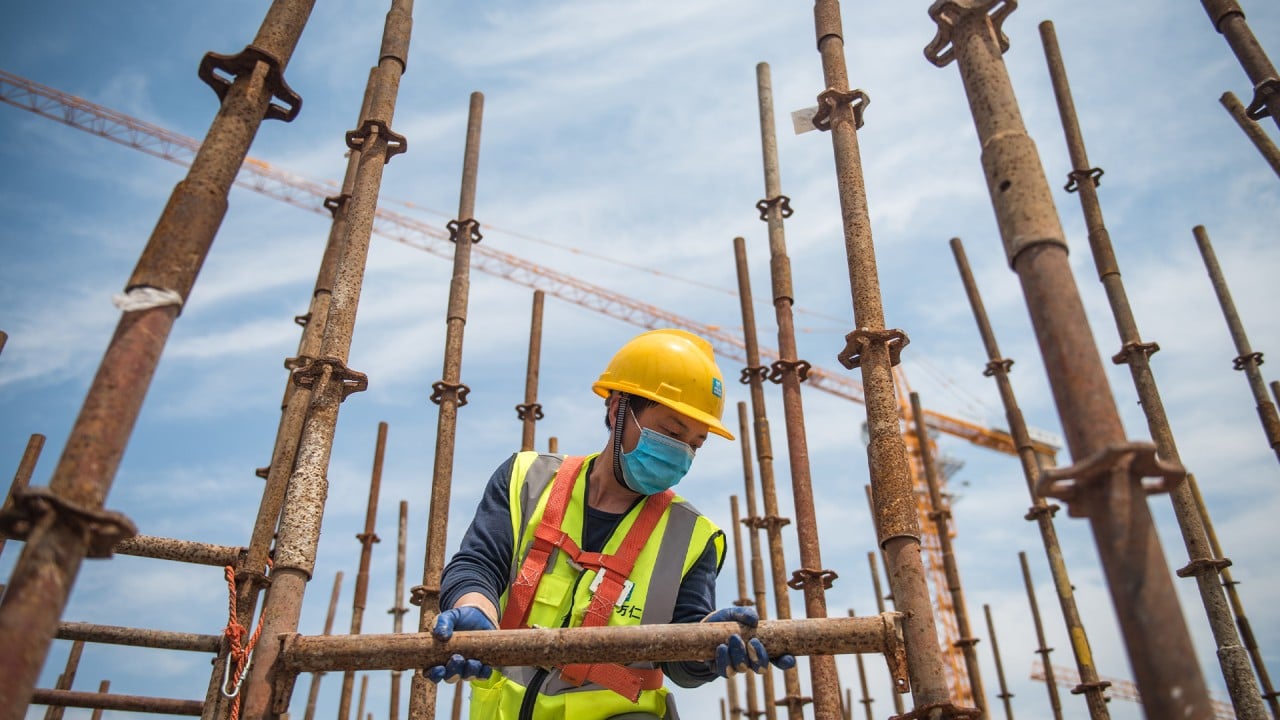
China’s national security law poses existential threat to Hong Kong’s universities and academic freedom
- China’s tendency to use the vaguest, broadest terms in drafting its laws means research on several issues could become off-limits
- Legislation will have chilling effect on overseas academics’ interest in and ability to pursue research collaboration with peers in Hong Kong
Before it was replaced by “five demands, not one less” last year, “time is money” had long been Hong Kong’s unofficial motto. Visitors and expatriates were amazed at how fast Hongkongers ate or walked, often at the same time.
Opponents of the movement sought court orders and bailiffs’ assistance to end the stalemate after 79 days and celebrated Hong Kong’s respect for the rule of law in the process. It is, therefore, only fitting that Hong Kong’s 178 years of political and legal culture transformed to the core within a mere six days in May 2020.

02:33
China’s top legislature approves national security bill for Hong Kong
Just before the university sieges last November, I wrote in the Post that Hong Kong universities contributed to the city’s social unrest since last June through their silence and co-option.
As Beijing has long regarded universities as primary sites of ideological engineering and control, it is decidedly unlikely that university administrators and academics in Hong Kong could continue to reside in their ivory towers under Article 137, which supposedly guarantees academic freedom of educational institutions.
In a 2013 classified directive to local Party committees called “The Current Situation of the Ideological Front”, the General Office of the Communist Party’s Central Committee laid out seven “unspeakables” in addition to the three Ts of Taiwan, Tibet and Tiananmen. The seven were: universal values, freedom of speech, civil society, civil rights, historical errors of the Party, crony capitalism and judicial independence. Any discussion about any of these subjects would, in Beijing’s eyes, endanger China’s national security and render the speaker liable to prosecution.
Although the specifics of the national security law are yet to be revealed, China’s tendency to use the vaguest, broadest terms in drafting and applying its laws means that research on a significant number of issues are likely to become off-limits to academics in Hong Kong.

05:02
Coronavirus backlash further fraying China’s ties to global economy
It doesn’t really matter if a Hong Kong academic’s conclusion on any prohibited subject comports with China’s position. To suggest that China’s positions could be open to scholarly debate is to question, undermine and endanger China’s national security.
The sixth item of the NPC’s resolution on national security empowers its Standing Committee to “precisely prevent, stop and punish any behaviours” anathema to China’s national security, including interference or influences by “foreign forces”.
Academics at our universities will have to decide if working with fellow scholars and scientists outside China in the pursuit of scholarship and science is worth a potentially long sentence – unless the subject matter is as uncontentious as fintech or international arbitration, if scholarship from mainland academics is anything to go by.
The damage to Hong Kong universities will be nothing short of calamitous. Seeing as they have spoken up in support of Beijing’s final onslaught on Hong Kong’s autonomy, though, perhaps they had it coming all along.
Phil C.W. Chan is author of the book China, State Sovereignty and International Legal Order and was previously visiting professor at Xiamen Law School and visiting lecturer at Tsinghua Law School

